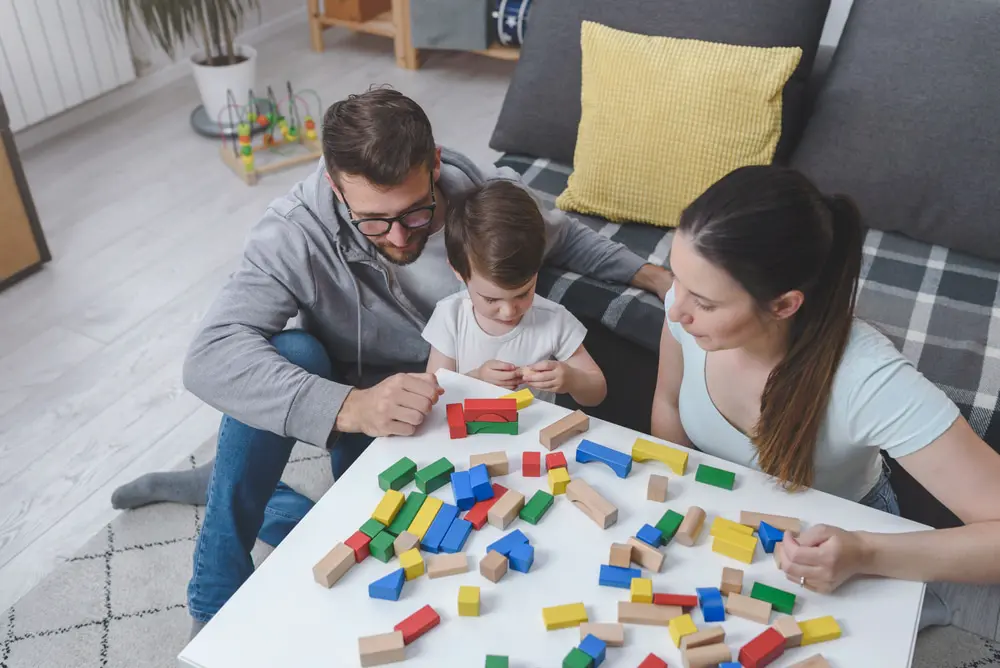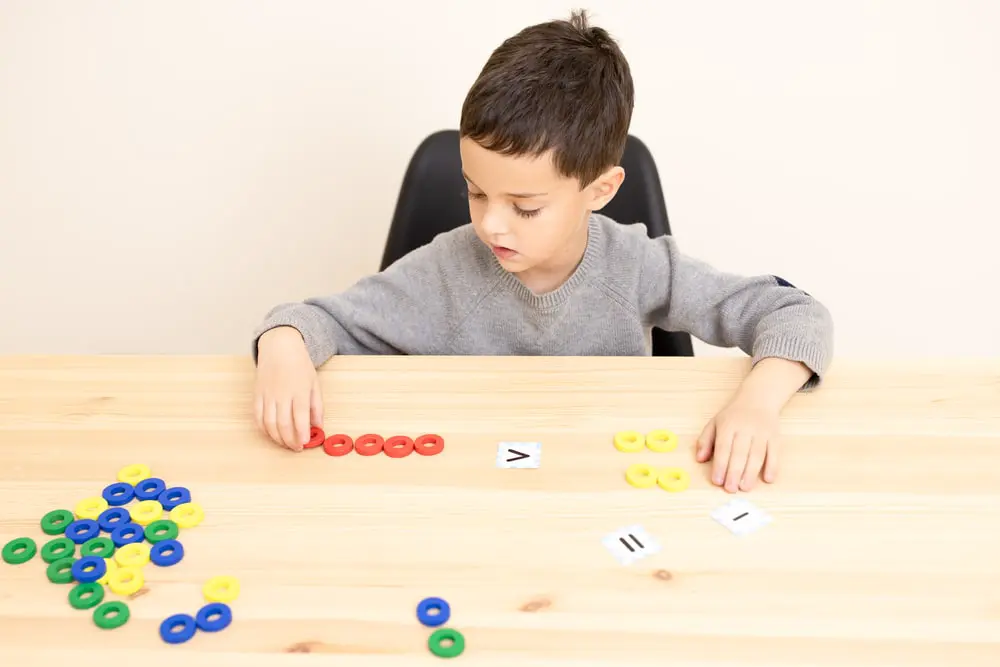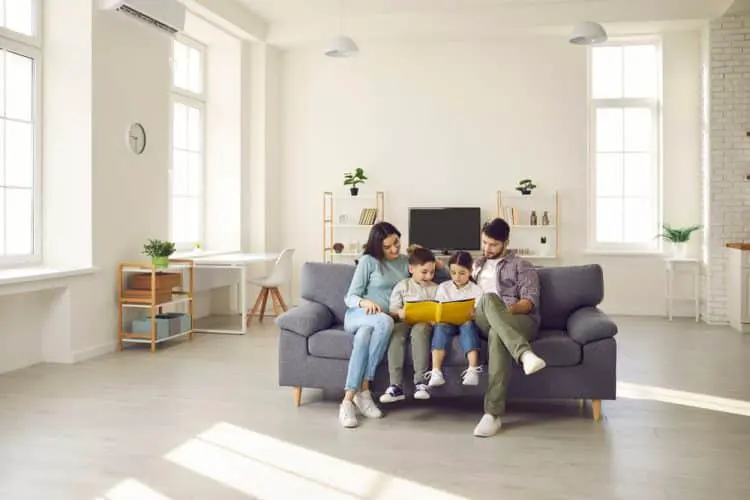Minimalist parenting is transforming the way families think about raising children. Rather than surrounding kids with endless toys and gadgets, this approach emphasizes quality over quantity, focusing on fewer, more meaningful possessions. Minimalist parenting isn’t about restricting or denying children; it’s about creating a simpler, calmer space that supports creativity, independence, and focus.
By paring down, parents find that their children are less overwhelmed and more engaged, discovering joy in the small, intentional things. If you’re looking to declutter your home and bring more purpose into your parenting, this guide to minimalist parenting offers insights on how less truly can be more for your family.
Embracing Quality Over Quantity
When it comes to minimalist parenting, the shift from quantity to quality is transformative. Rather than filling rooms with every new toy or gadget, parents learn to invest in a few, high-quality items that stand the test of time. Choosing well-made, versatile toys and clothing helps children focus on creativity and exploration instead of being overwhelmed by clutter.
For example, toys like wooden blocks or art supplies allow for endless imaginative play and can grow with the child. Additionally, quality over quantity teaches children to appreciate and take care of what they own. Embracing this approach can reduce the need for frequent replacements, saving both money and space. In a world where consumerism is constantly pushing “more,” minimalist parenting allows families to focus on what truly adds value to their lives.

Building a Calm, Decluttered Home Environment
A clutter-free space is one of the cornerstones of minimalist parenting. By minimizing unnecessary items, parents can create an atmosphere of calm that benefits both children and adults. Studies suggest that children in tidier, organized spaces tend to feel less anxious and more focused. To achieve this, consider designating specific zones in the home for activities and keeping surfaces as clear as possible.
Opt for storage solutions that make it easy for kids to access what they need while also simplifying cleanup. By reducing visual clutter, parents encourage a sense of tranquility and order that helps children feel at ease. Adopting minimalist practices at home ultimately creates a space where family members can connect and relax without feeling overwhelmed.
Teaching Values of Gratitude and Mindfulness
Minimalist parenting places a strong emphasis on cultivating gratitude and mindfulness in children. By owning fewer things, kids learn to truly value what they have, making them more appreciative and mindful of their possessions and experiences. For instance, parents can incorporate routines where children reflect on the day’s highlights, promoting gratitude for small, meaningful moments rather than material items.
This approach can positively impact a child’s mental and emotional development, nurturing empathy and contentment. Instead of seeking happiness in the next new item, children learn to find joy in relationships and shared experiences. These early lessons in gratitude and mindfulness create a foundation for happier, more fulfilled lives as children grow.
View the video below to find out what do’s and don’ts you need to keep in mind.
Prioritizing Experiences Over Possessions
Minimalist parenting encourages families to focus on experiences rather than material items. Instead of buying the latest toys or clothes, parents can prioritize activities that create lasting memories, such as family outings, trips, or simple bonding moments at home. Research shows that shared experiences have a stronger impact on happiness and family bonding than possessions.
Children gain more from a day spent exploring outdoors or cooking together than from another new toy. Emphasizing experiences over things helps children build skills, gain confidence, and create cherished memories. Minimalist parenting teaches kids that happiness is found in connection and adventure rather than consumerism.

Minimalist parenting isn’t just about clearing clutter; it’s about making intentional choices that enrich family life. By focusing on quality items, creating a calm environment, teaching values like gratitude, and prioritizing experiences, parents can nurture a home that supports their children’s growth in profound ways. For more tips and inspiration on creating a balanced parenting lifestyle, check out our other articles in the Lifestyle category.



